
What Is CBG Oil?
If you’re looking for a comprehensive, natural solution to tackle inflammation and its debilitating effects, you’re in the right place. Welcome to the new era
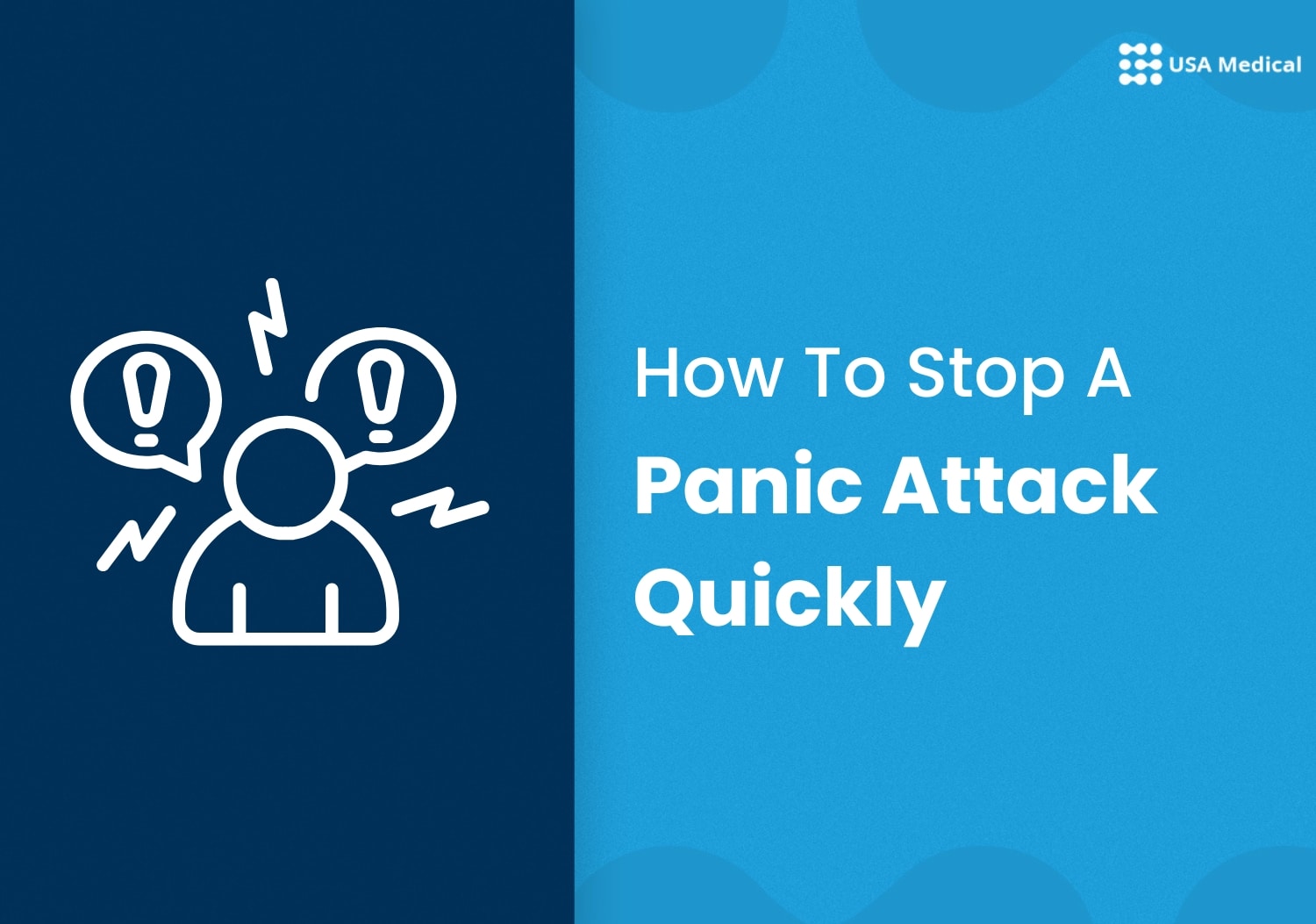
Panic attacks can be a debilitating and overwhelming experience, but there are ways to stop them quickly and regain control. Here are some tips on how to stop a panic attack quickly and how to manage the symptoms of panic attacks:
Being able to recognize the signs that a panic attack is coming on is crucial for being able to stop it before it becomes full-blown. Common physical symptoms of a panic attack include a racing heart, sweating, shaking, and shortness of breath. Emotional symptoms include fear, anxiety, and a sense of impending doom. By familiarizing yourself with these symptoms, you’ll be better equipped to take action when you feel one coming on.
Deep breathing is one of the simplest and most effective ways to stop a panic attack. It helps to slow your heart rate and calm your body. Try to focus on taking slow, deep breaths in through your nose and out through your mouth. You can even try counting to five as you inhale and exhale to help slow down your breathing. This simple technique can make a big difference in managing panic attack symptoms.
Positive self-talk can be a powerful tool in stopping a panic attack. Instead of focusing on the negative thoughts that may be fueling your panic, try to remind yourself that you are safe and in control. Repeat phrases like “I can handle this” or “I am strong” to yourself. It can also help to remind yourself that panic attacks are temporary and that you have gone through them before and come out the other side. This kind of self-talk can help to shift your focus from the panic attack to a more positive and empowering mindset.
Distracting yourself from the thoughts and feelings that are fueling your panic attack can also be helpful. Try to focus on something else, such as a book, a puzzle, or a favorite song. Engage your senses by looking at something beautiful, listening to soothing music, or smelling a pleasant aroma. The goal is to shift your attention away from the panic attack and onto something more pleasant. This can help interrupt the panic attack cycle and bring you back to a calmer state.
Distracting yourself allows your mind to wander and become present and focused on what you are doing in that moment rather than be trapped in the thought cycle of what is causing your panic attack. It is important to understand how to make yourself present in these moments.
Relaxation techniques such as yoga, meditation, or progressive muscle relaxation can help to calm your body and mind during a panic attack. These techniques can help to slow your breathing, lower your heart rate, and reduce muscle tension. Practicing these techniques in your daily life can also help you be better prepared for a panic attack.
If you find that you are experiencing panic attacks frequently or that they have a significant impact on your life, it is important to seek professional help. A therapist or counselor can help you to understand the triggers for your panic attacks and develop coping strategies to manage them. They can also rule out any underlying medical conditions that may be contributing to your panic attacks. You can also reach out to us at USA Medical by texting the number on our website. Book a free call with Jake, who will always be open to listening and providing advice. Don’t hesitate to reach out for help if you need it; you are not alone in this journey.
To summarize, panic attacks can be overwhelming but are always temporary. Recognizing the signs of a panic attack, taking deep breaths, using positive self-talk, distracting yourself, practicing relaxation techniques, and seeking professional help are all effective ways to stop a panic attack quickly and manage panic attack symptoms. Remember, you are not alone; help is available, and you can regain control. Don’t ever be afraid to seek help from a friend, loved one, or professional if you struggle with panic attacks. You are not alone, and help is out there.
Works Cited
“Panic Attacks” by the National Institute of Mental Health (NIMH): https://www.nimh.nih.gov/health/topics/panic-disorder/index.shtml This webpage provides information on the causes, symptoms, and treatment options for panic disorder and panic attacks, including tips for managing panic attack symptoms.
“Panic Attack Symptoms and Treatment” by Mayo Clinic: https://www.mayoclinic.org/diseases-conditions/panic-attacks/symptoms-causes/syc-20376021 This webpage provides a comprehensive overview of panic attack symptoms, causes, and treatment options, including information on how to stop a panic attack quickly.
“Panic Attacks and Panic Disorder” by the American Psychiatric Association (APA): https://www.psychiatry.org/patients-families/panic-disorder/what-is-panic-disorder This webpage provides information on the causes, symptoms, and treatment options for panic disorder and panic attacks, including tips for managing panic attack symptoms. It also includes a professional perspective from American Psychiatric Association.
These statements have not been evaluated by the Food and Drug Administration. These products/services are not intended to diagnose, treat, cure, or prevent any disease.

If you’re looking for a comprehensive, natural solution to tackle inflammation and its debilitating effects, you’re in the right place. Welcome to the new era
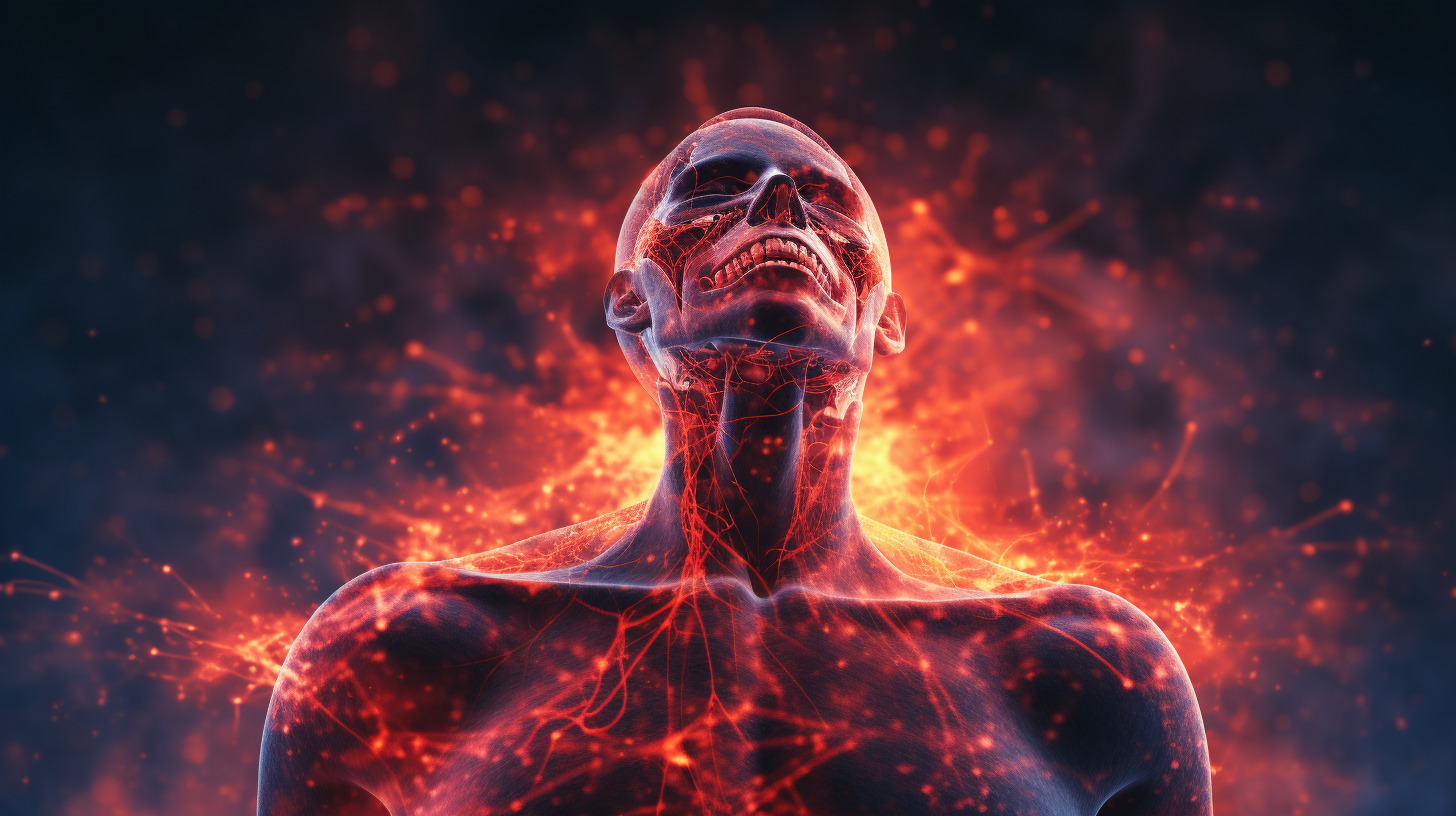
The Invisible Enemy Within You wake up feeling groggy, your joints ache, and that old neck pain seems to have returned. No, it’s not just

CBG oil has been creating waves in the health and wellness industry, and for good reasons. But with any health trend, it’s crucial to separate
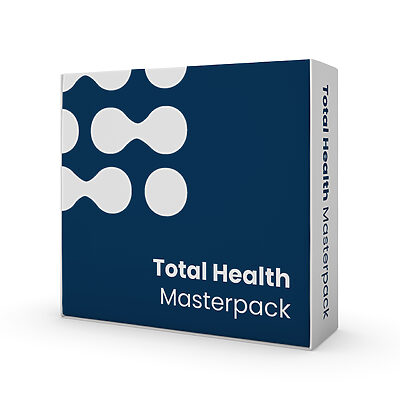
In stock | Free shipping
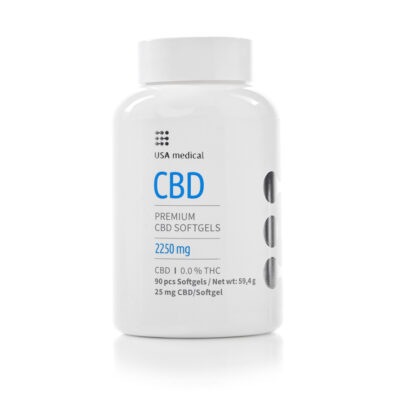
In stock | Free shipping
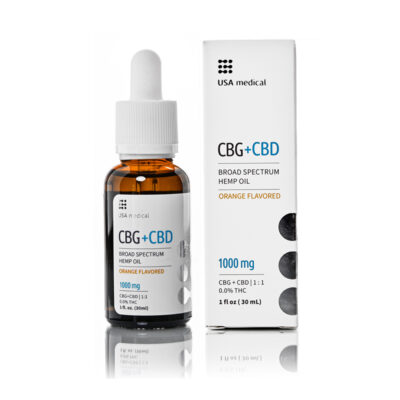
In stock | Free shipping
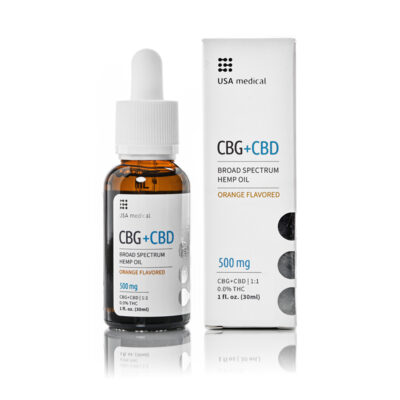
In stock | Free shipping
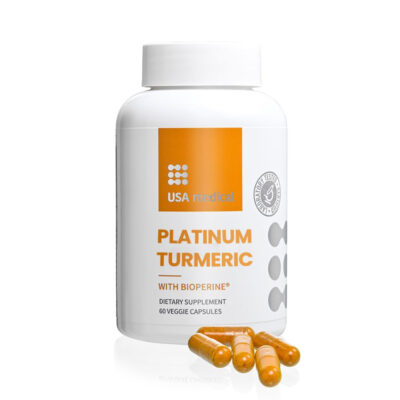
In stock | Free shipping

In stock | Free shipping

In stock | Free shipping

FREE SHIPPING & DELIVERY INSURANCE
Enjoy free ground shipping and free delivery insurance on all orders! Spend $150+ to unlock free 2-Day Air shipping.

24/7 EXPERT SUPPORT
Text (323) 352-9131 anytime for help from one of our USA Medical experts. We’re here for you!
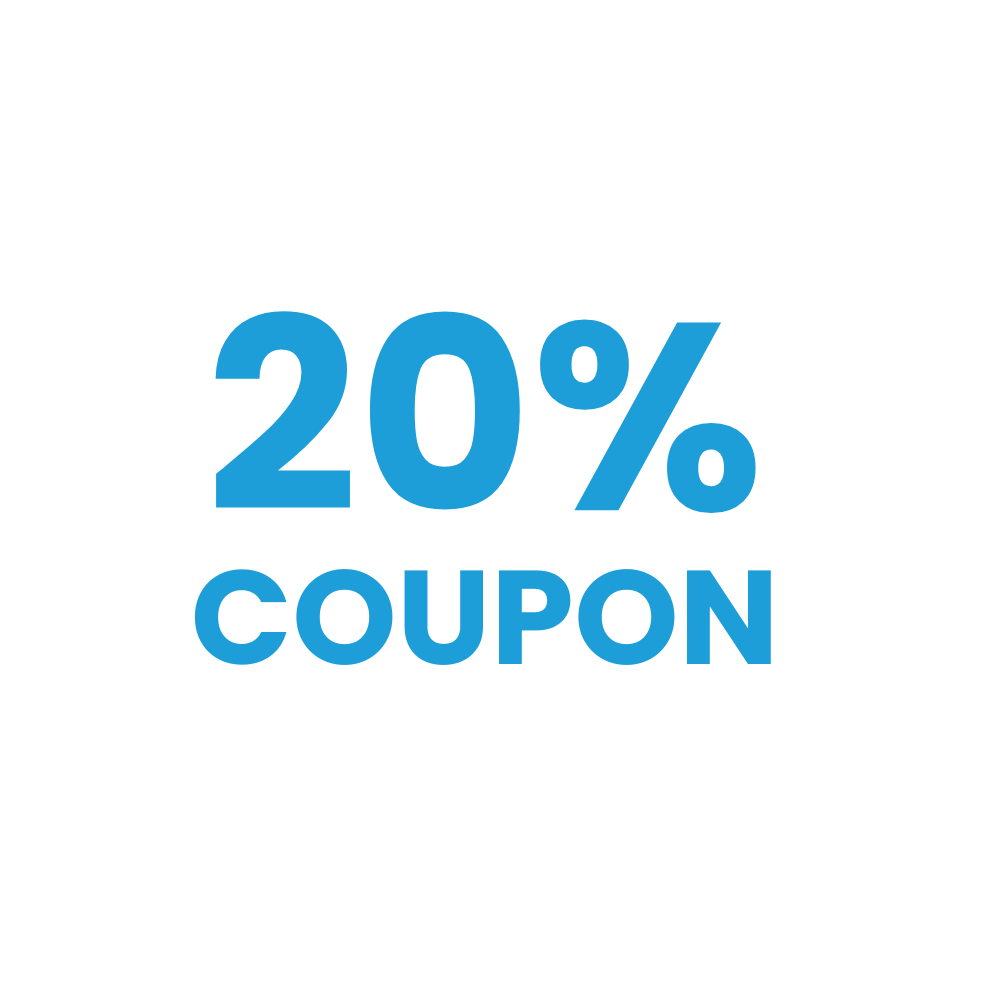
Get your first-time coupon!
This coupon has no restrictions on your first purchase, you can use it for anything at USA Medical!
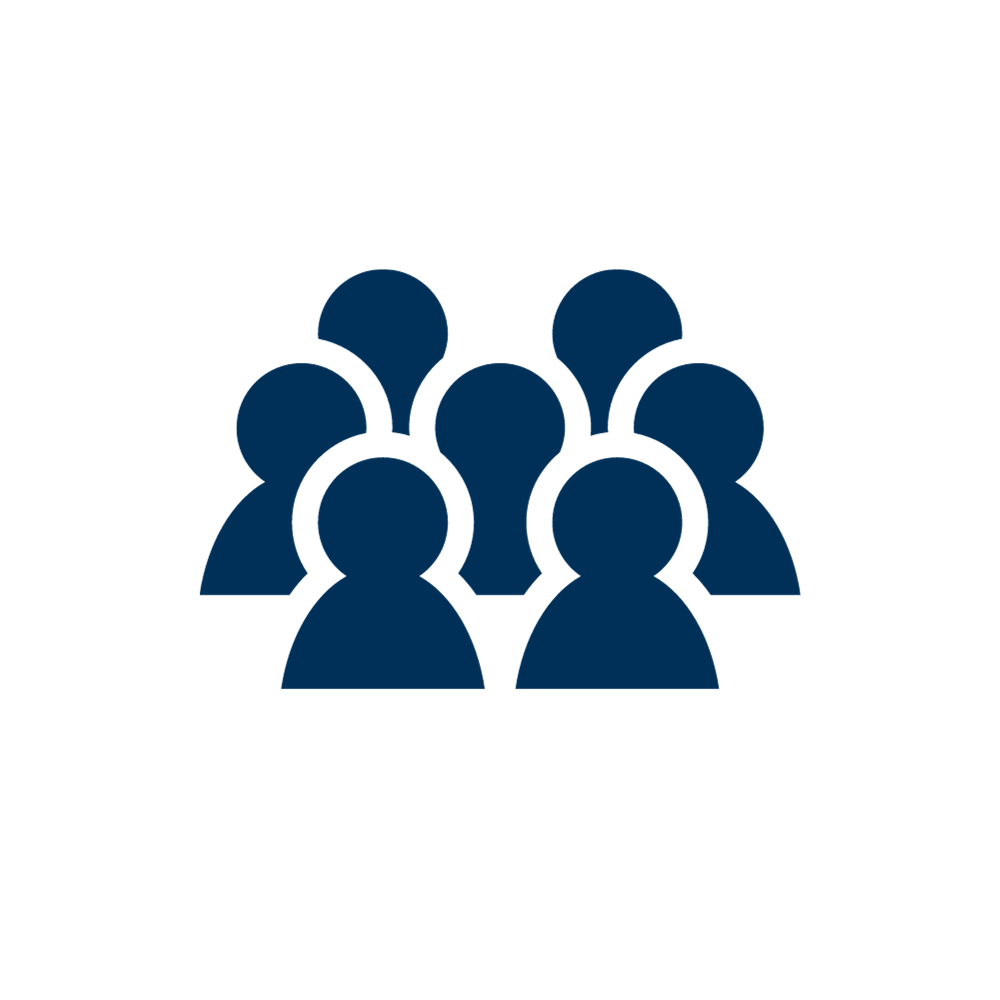
Join the USA Medical Family!
Get access to exclusive offers and free giveaways in our private Facebook group.
These statements have not been evaluated by the Food and Drug Administration. USA Medical products are not intended to diagnose, treat, cure, or prevent any diseases. Individual results may vary.
This site is protected by reCAPTCHA and the Google Privacy Policy & Terms of Service apply.
© USA Medical, 2025. All rights reserved.
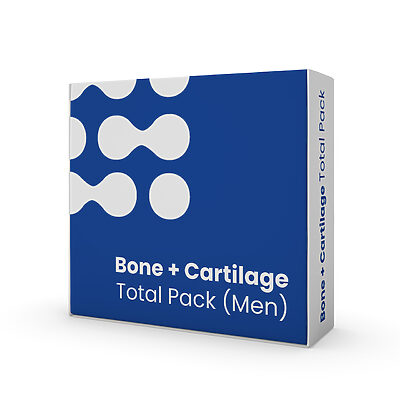
In stock | Free shipping

In stock | Free shipping
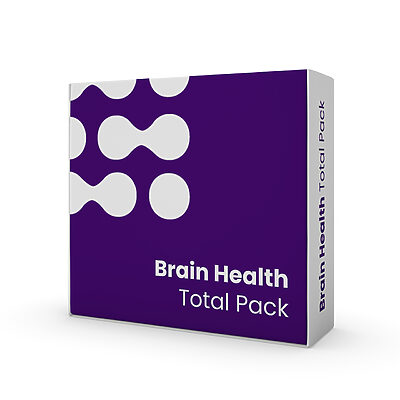
In stock | Free shipping
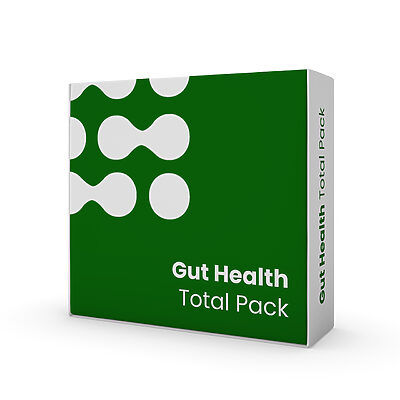
In stock | Free shipping
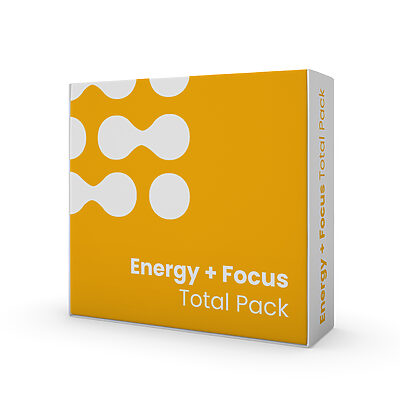
In stock | Free shipping
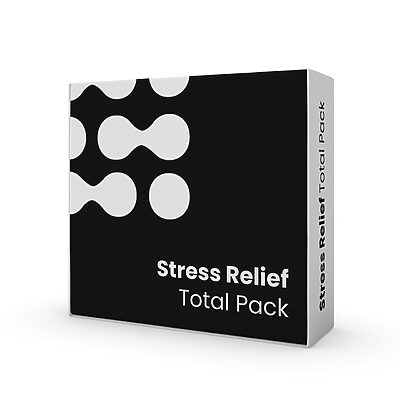
In stock | Free shipping
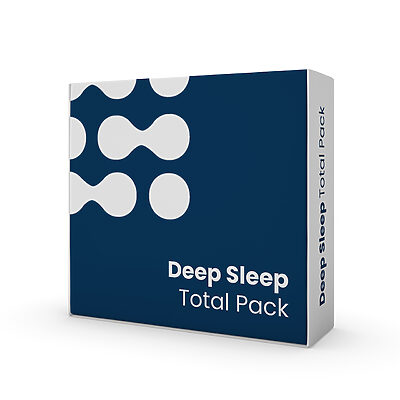
In stock | Free shipping
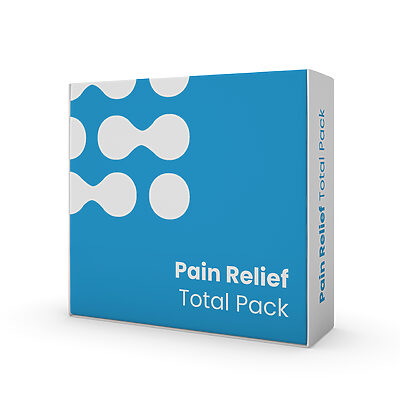
In stock | Free shipping